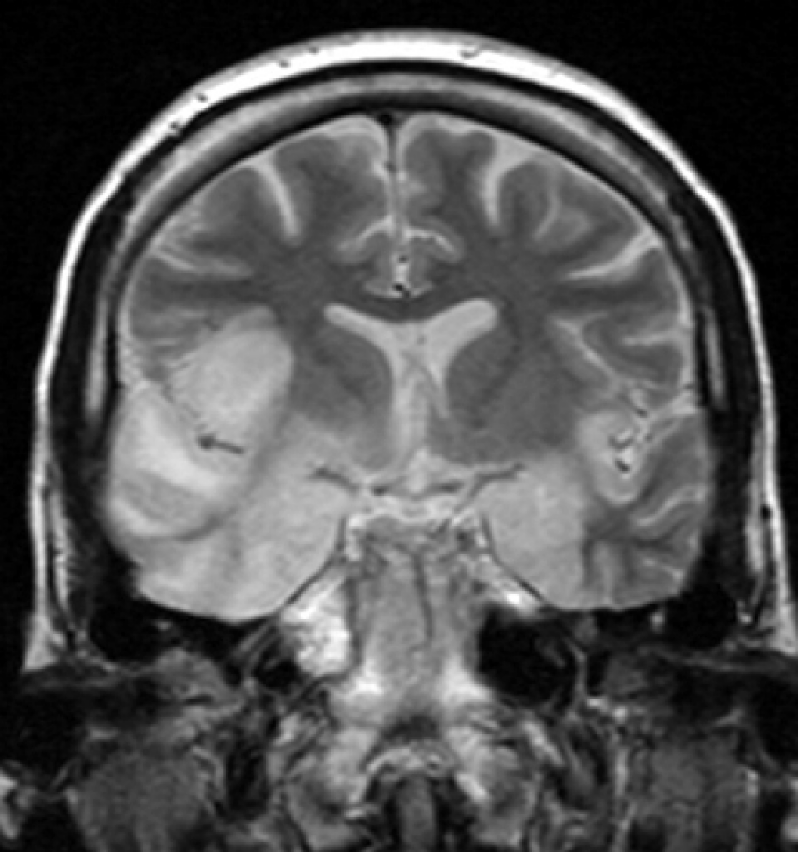Encephalitis in the Pediatric Population, Stephen J. Falcheck, Pediatrics in Review 2012;33;122

“Encephalitis” is a rare but serious illness that causes inflammation of the brain. Viruses are the most common source, but it may also be caused by bacteria or parasites. It may be transmitted from person-to-person or through insect/mosquito bites.
Encephalitis presents flu-like symptoms but also involves the nervous system. It may present as a seizure, altered mental status, fever, changes in behavior, inability to keep balance, and/or weakness. In babies, symptoms may be more subtle and present as weakness of sucking, irritability, or loss of head control and/or eye movement abnormalities.
The diagnosis is made with brain imaging, brain wave monitoring, lumbar puncture, bloodwork and nasal/throat swabs
.
Treatment is started immediately upon suspicion of a brain infection because results early in the course of the illness may often present false negative test results. Outcomes vary greatly depending on the cause of the agent and the degree of severity and success of treatment.
MacKoul Pediatrics is an amazing local pediatrics office in Cape Coral, FL where caring, compassionate doctors and nurses work with you to keep your children as healthy as possible. MacKoul cares for children from birth to college age, from Cape Coral, Fort Myers, Naples, and beyond.
July 5, 2013
 “Encephalitis” is a rare but serious illness that causes inflammation of the brain. Viruses are the most common source, but it may also be caused by bacteria or parasites. It may be transmitted from person-to-person or through insect/mosquito bites.
“Encephalitis” is a rare but serious illness that causes inflammation of the brain. Viruses are the most common source, but it may also be caused by bacteria or parasites. It may be transmitted from person-to-person or through insect/mosquito bites.